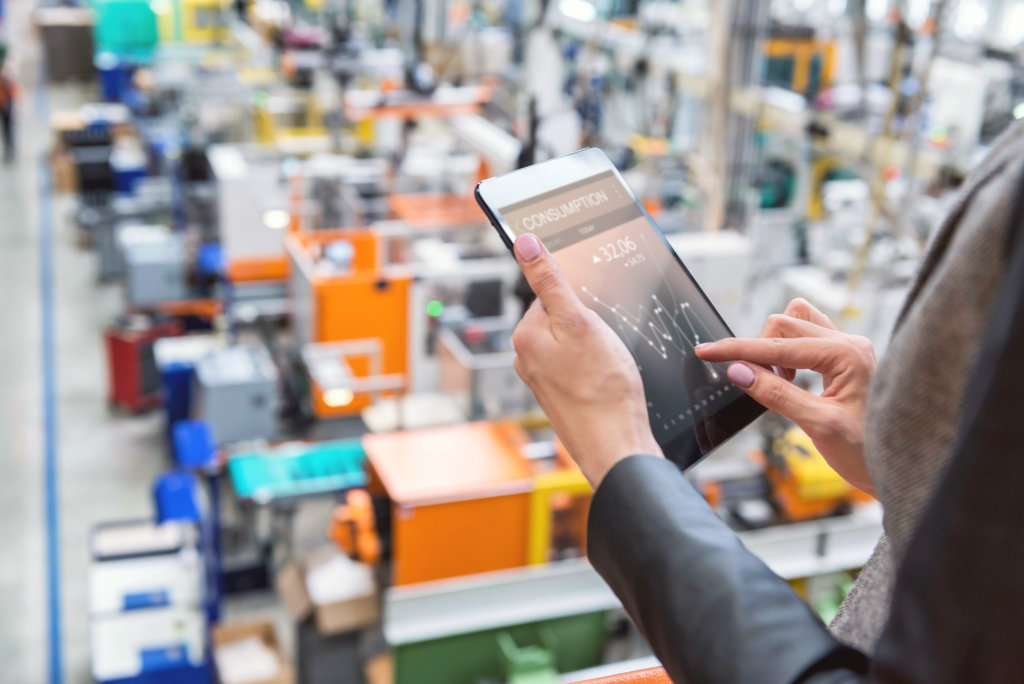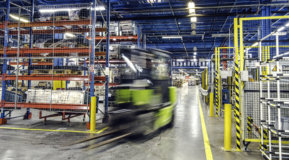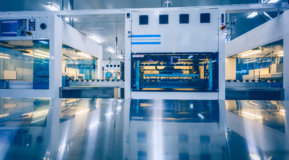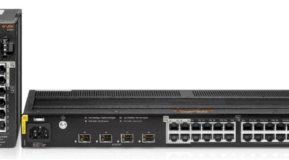
At a societal level, sectors across the board have been significantly impacted by the COVID-19 pandemic. As we look to rebuild, we must consider enabling digital structures that help businesses of all sizes bounce back better than before.
SMB innovation and start-up culture are in this country’s DNA, it’s the lifeblood of much of our society. From companies like Purple Bricks — who were set up off the back of a group of disenfranchised estate agents following the financial crisis in 2008 — to fishermen in Devon who designed their own local supply chains to keep their boats on the way, offering direct deliveries.
Their ability to adapt and flex to changing circumstances puts them in a stronger position to tackle the challenges of this new year.
As such, we can expect to see a new wave of innovation amongst small businesses as they regroup and rebound to a new type of workplace. But to truly thrust themselves forwards, they will need a solid AI-powered and predictive network to support remote and in-office work.
For small businesses this means employing an agile and adaptable IT network that pairs end user mobility with enterprise IoT to increase efficiency, personalisation, and productivity.
Small, yet powerful
For many, once sought-after digital tools that were only available to privileged organisations with specific DevOps teams and infinite budgets, have been democratised. These tools are now available to the masses through as-a-Service applications and small businesses now have the same armoury and the same tools available to them to compete in the big leagues.
Size, and even location, are suddenly no longer important. Large, distributed organisations are perhaps even at a loss as they rely on branches to fire on all cylinders, providing a benefit for smaller, more localised businesses to come to the fore. They’re the ones that can now deliver.
They don’t necessarily have complex supply chains that can cause blockages to delivery times and production times. Plus for smaller businesses it's much more personal to them and the success of the business is imperative.
At the Edge of change
In today’s era of the Edge, small businesses now have the ability to cope with and process large amounts of data that fuels decision-making in real-time. I’m not talking about the data that’s generated in a cloud or data centre but rather what’s available where business is done — where users, devices and ‘things’ come together.
The network plays a pivotal role here in moving data and connecting people to their apps and services — from anywhere, at any time. However, with the Edge, the network is even more mission-critical and their requirements go far beyond standard connectivity.
Combined with last year’s shift to remote working, our networks are now bound by human capacity and experience — they are only as agile and secure as the operators that manage them. Even small businesses may struggle here as limited budget means they likely won’t have a specific employee dedicated to ensuring the network is managed correctly.
Rest assured this isn’t just an issue for SMBs though — even the larger players still fall short here.
Enter AIOps
Given the sheer volume of devices connecting to the network, manual human intervention is no longer practical, but this is where artificial intelligence (AI) comes in to save the day.
AI allows teams to develop policies that leverage context, such as the user role, device type, certificate status, location or day of the week to make quick and accurate automated decisions. When leveraged correctly, AI can even make adjustments before network issues arise.
Aruba ESP (Edge Services Platform) goes one step further to predict potential changes that will be needed in the future. This capability is based on nearly a decade of experience in developing AI solutions and accesses a deep historical data lake to train the machine learning algorithm. The platform works automatically with 95% accuracy to identify problems that would typically take an engineer hours to solve.
What’s more, through AI-driven platforms, you can redeploy time to employees, allowing them to focus on more critical thinking, innovation and planning for the year ahead.
Businesses will need to look at updating and redefining their network and IT if they are to keep pace in today’s challenging business economy. Yet, with the democratisation of DevOps services, coupled with a growing desire for consumers to look locally for products or partners, smaller organisations are flying up the chain and becoming a force for their larger counterparts to reckon with.




